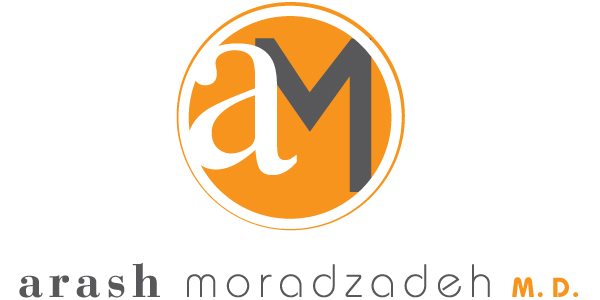Rhinoplasty is perhaps the most well-known plastic surgery for the nose, but it’s not the only one. Septoplasty is another surgical procedure designed to correct structural abnormalities in your nose. Specifically, septoplasty can help correct a deviated septum.
As an expert in facial plastic and reconstructive surgery, Dr. Arash Moradzadeh knows how much of a nuisance deviated septums can be. Left untreated, deviated symptoms can cause problems like headaches and chronic nasal congestion and even exacerbate other conditions like sleep apnea.
If you’re struggling with the effects of a deviated symptom, Dr. Moradzadeh encourages you to come to AM Facial Plastics — with locations in Santa Barbara and Beverly Hills, California — to explore the advantages of septoplasty. Here, Dr. Moradzadeh shares the signs that you might have a deviated septum and how septoplasty can help you.
Difficulty breathing through your nose
There are many reasons why you might struggle to breathe freely through your nose. Colds and allergies are two common culprits, but a deviated septum also makes it more difficult for air to flow freely through half of your nose.
Your septum is the piece of cartilage that divides your two nostrils, and if it’s crooked, it means one of your nasal passages is narrower than the other, and it’s harder to breathe through that side.
Sinus headaches
The pressure of congestion and stuffiness caused by a deviated septum can lead to sinus headaches. You might also notice that your sinuses feel sore or painful.
Frequent nosebleeds
If your septum isn’t aligned correctly, air can’t pass through your nose properly. And if air isn’t flowing well, the membranes in your nose can get dried out. When moisture decreases in your nose, you’re more likely to experience nosebleeds.
Persistent sinus infections
Your sinuses are usually air-filled cavities, but when these passages become filled with fluid, infections can develop. Because a deviated septum increases congestion, you’re more likely to develop sinus infections. You might notice sinus pressure, problems with nasal drainage, and facial tenderness when you have a sinus infection.
Incessant snoring
Snoring can be a nuisance, but it can also signal underlying health issues. Nasal congestion from a deviated septum contributes to frequent, loud snoring. Loud snoring can impact the quality of sleep you receive each night.
If you have sleep apnea, a deviated septum can intensify your sleep apnea symptoms, especially the snoring. However, you can have sleep apnea without having a deviated septum, so it’s important to receive an accurate diagnosis before exploring your treatment options.
Not sure if you have a deviated septum?
Just because you have some of the symptoms listed doesn’t necessarily mean you have a deviated septum. Snoring, for example, can be caused by a cold or conditions such as sleep apnea. The only way to know for sure if you have a deviated septum is through a physical examination of your nose and nasal passages.
Get relief with septoplasty
There are seven different types of deviated septum that describe the nature of the deviation. Regardless of what type of deviation you have, septoplasty works to correct any abnormality so you can breathe better.
During your surgery, Dr. Moradzadeh straightens the cartilage dividing your nostrils. A thin plate, called the PDS™ Flexible Plate, provides additional support to your septum as it heals.
If you’re struggling with the symptoms of an untreated deviated septum, schedule your consultation with Dr. Moradzadeh. You can reach us at 310-659-9900 or book your appointment via our online scheduling tool.
